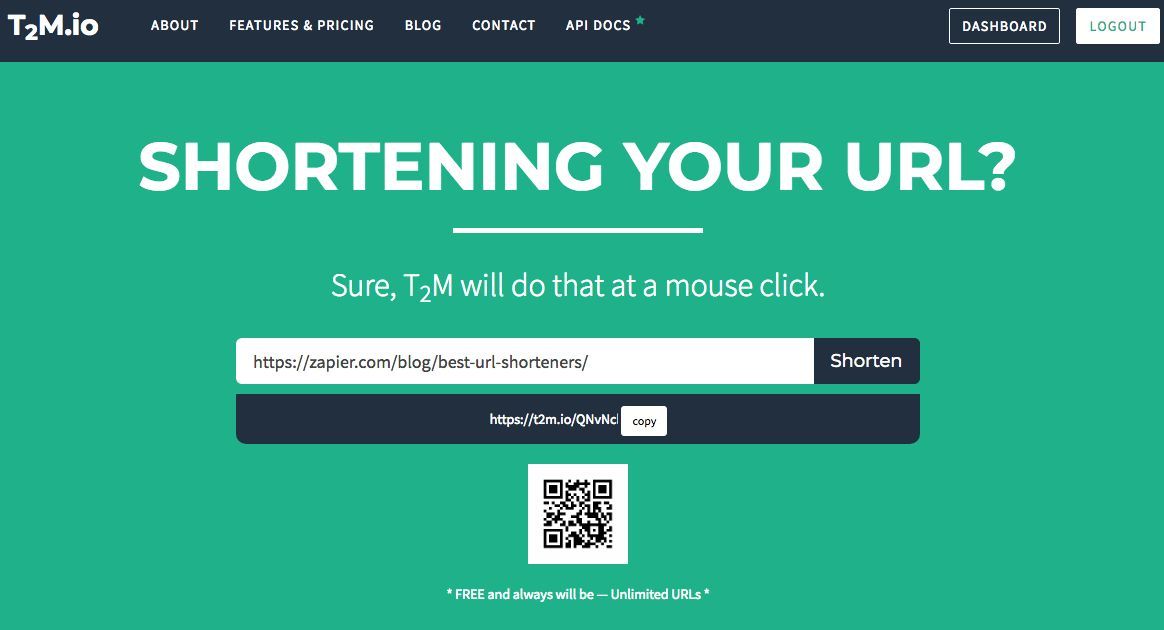If you’ve been on Twitter at all, you’ve probably seen a link shortener. Twitter’s 140-character limit leaves only 23 characters for your links, so a URL must be shortened in order to fit. Fortunately, there are a variety of options for link shortening on Twitter. These services can make your links more recognizable, help you track their performance, and give you an overall better appearance in the feed. However, not all of them are created equal. Some have a positive effect on click-through rates while others can actually harm them.
A link shortener is a service that automatically converts long URLs into shorter ones. It is an essential tool for anyone who uses social media to share content, because it can save space and improve readability in tweets. Moreover, it can also protect users from malicious websites that spread malware and phishing attacks.
Many people use a link shortener for Twitter to avoid running into the character limit. Especially since Twitter now allows for 280 characters, it’s important to keep your links as short and concise as possible. A long URL takes up a lot of space that could be used for something more valuable in a tweet, such as a call to action or a headline.
Even though a link can be shared in a tweet without being shortened, most people will use a service such as Bitly to do so. It’s easy to understand why – not only does it avoid hitting the character limit, but it provides extra benefits like improved analytics and branded links.
Using a branded link is a great way to increase trust and get more clicks on your links. By showing the audience exactly who shared it and where it will take them, they have a much higher chance of clicking on it.
However, not all branded link shorteners are created equal. Some provide more features than others, and some are even free to use. The best ones are the ones that allow you to track your links’ performance. Using a tracking URL is essential to optimize your marketing campaign, but it’s not enough to justify using a link shortener just for the sake of it.
Another reason why you would want to use a branded link shortener for Twitter is the fact that it makes your links more recognizable. It gives the audience a clear idea of what to expect when they click on it, and it’s important for brands to be able to distinguish themselves from competitors.
While there are some benefits to using a twitter link shortener, the truth is that they’re not worth it. The trust and clickability that a branded link generates is outweighed by the negative effects, such as the decreased conversions and the extra tracking that they add. To avoid the problems of a twitter link shortener, you should stick to the basics and only use it when necessary.

